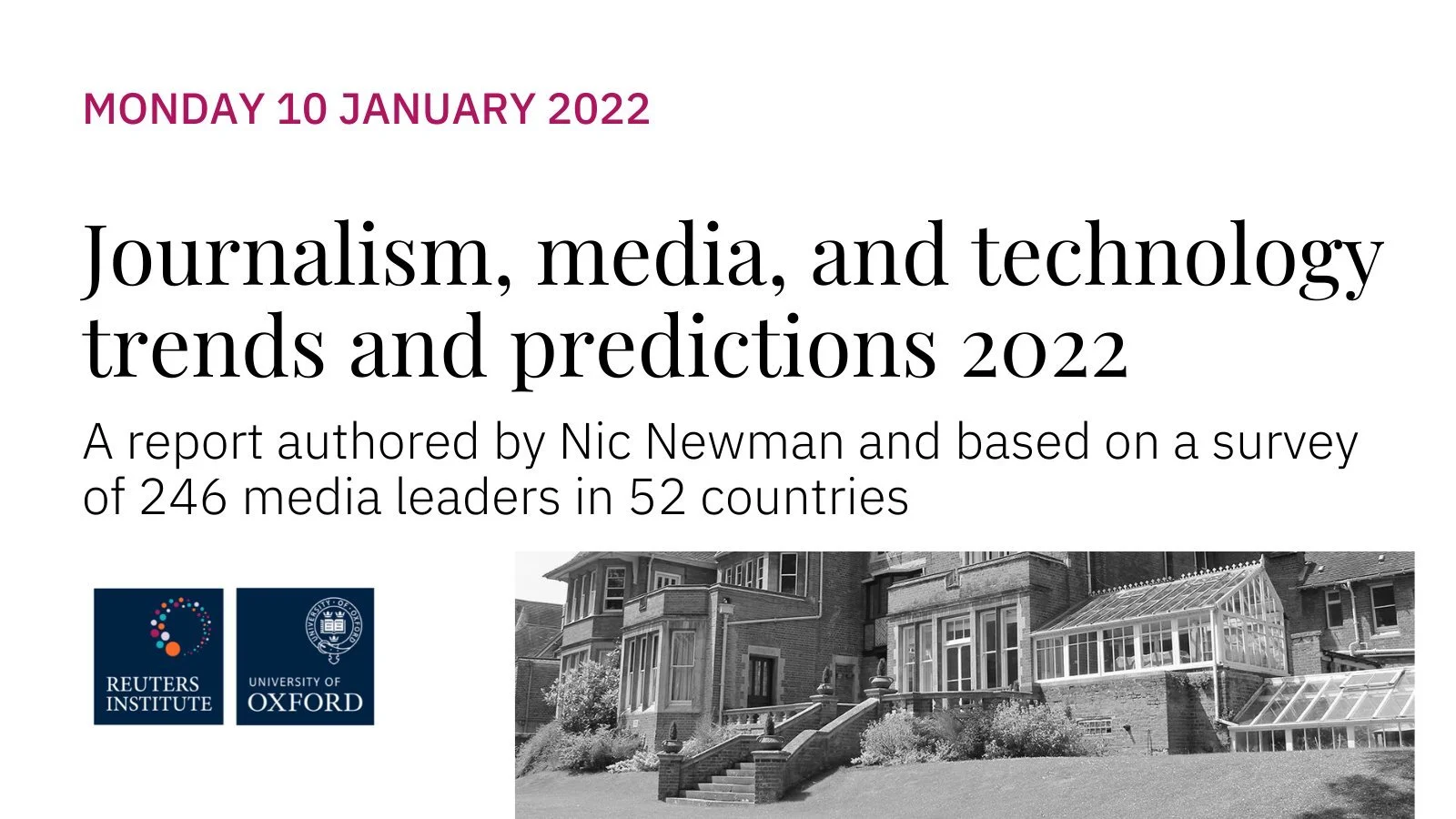Downing Street Press Conference
The UK Government has a serious problem. Its communications and public relations operations out of Downing Street are failing to control how the Government and its policies are perceived by the wider public.
The stories surrounding the Downing Street parties in November and December 2020 have lit a light of distrust in the government and the authority that they have, or lack.
Yes, you could question them and their policies on other matters, but this has hit a nerve and secured cut-through, not just with the public, but also the party. The issue now, is when blood and a body is wanted how does one deliver that? And how did we get here?
The Downing Street communications and political machine appear to be working in a silo, with a mentality of if you are not with us, then you’re against us. Never acknowledge, never apologise, a strategy that has run its course.
Culturally there is an issue where there appears to be a lack of experience for identifying and mitigating risk. Instead, the approach that has been taken on many issues is one of ‘carry one, ‘deny and spin,’ and present an ‘alternative truth.’ This over a sustained period of time has created an environment of mistrust, which creates an issue when you are looking to run a campaign where you need to take the population with you.
Even the UK’s Government Communication Service framework highlights the importance of focusing on outcomes, whether it is behavioural change, increase in awareness or recruitment when engaging in public-facing campaigns. But when trust is damaged by previous decisions, it is harder to take the audience with you.
For a policy or an awareness-raising campaign to succeed the messaging has to be relatable and relevant. People and other stakeholders need to trust the messenger if buy-in is to be secured. Trust is a critical component that is in short supply with the current because of the constant negative stories that keep emerging. And the stories are only negative because of the decisions that are allowed to be made. And so the question still is, why are they allowed to be made? Where are the advisors and do they question decisions before they are made?
Within central government, you have a great team of professional communicators, all of whom abide by the standards set by GCS. Then you have political appointees - SpAds. Again, from a comms perspective and politics aside both are responsible for safeguarding reputations. I have in the past questioned and challenged decisions being made, which has protected the reputations of those that I have worked for, even members of the comms team that I have worked with. But sadly, I have wondered about a culture where one does, as one is told, regardless of what the risk that you know exists.
In today’s world, rules matter and whatever you choose to do, using spin, diversion or a ‘dead cat strategy’, well, they no longer work because these strategies have become mainstream and understood. The public has lost trust and that makes it harder to be heard.
This does not mean the end of communications and public relations. If anything, listening and understanding the audience is what could help revitalise this profession. But for that to happen decision-makers are going to need to relearn that transparency and accountability are centre-stage.
Something needs to change, but culture is the biggest issue to change to enable trust to return.



